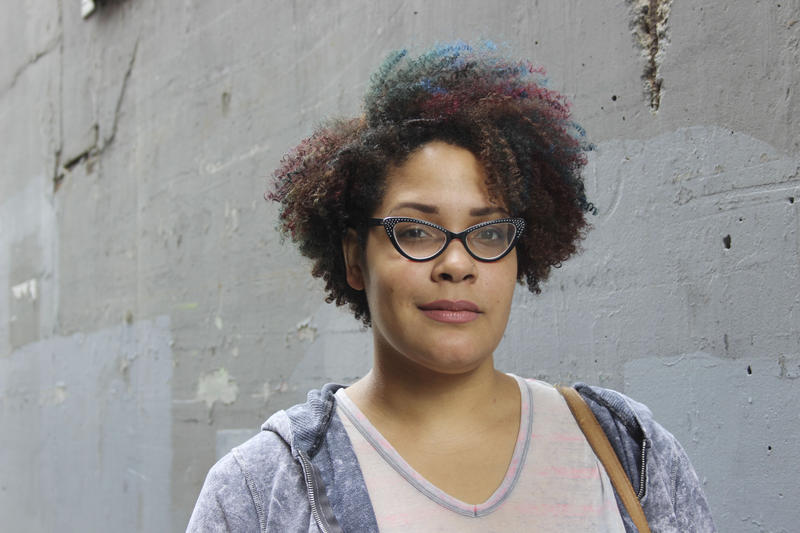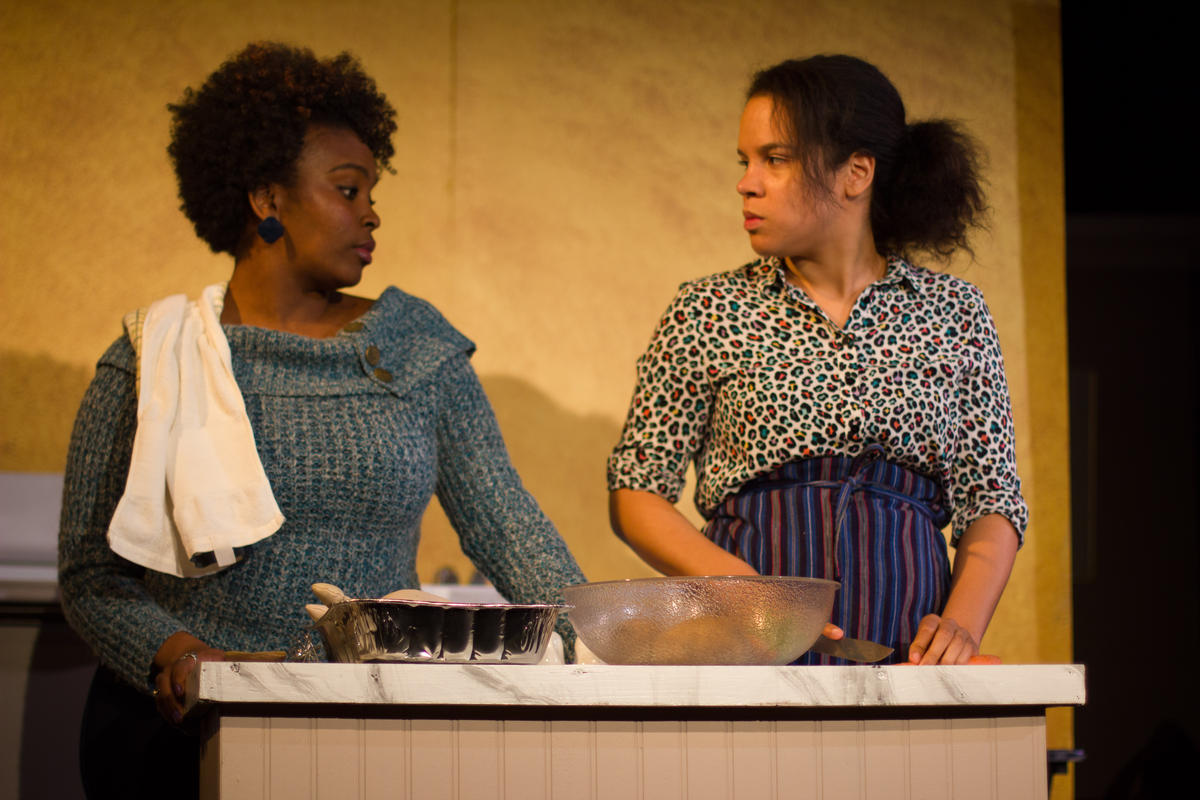Secrets of famous 1930s ‘blonde bombshell of rhythm’ revealed with help from UW libraryPosted in Arts, Biography, Media Archive, Passing, United States, Women on 2019-02-20 21:01Z by Steven |
Secrets of famous 1930s ‘blonde bombshell of rhythm’ revealed with help from UW library
UW News
University of Washington
2012-03-27
We all have things in our past that we gloss over. Some secrets might just be embarrassing or unflattering. But others may be more serious, and people who conceal these truths may fear that revealing them would undermine their livelihoods.
Such was likely the case with an Emmy-winning female bandleader who rose to fame in the 1930s and led bands until the 1960s. Known as “the blonde bombshell of rhythm,” this sex symbol hailing from Chicago had security to protect her from the men who mobbed her performances.
See why they were so enchanted:
Ina Ray Hutton, who died in 1984 at age 67, also had a secret that could have damaged her stardom. A reporter from KUOW radio, with help from the UW libraries, recently revealed the secret. It turns out that the blonde bombshell had more than hair-dye to hide…
Read the entire article here.


